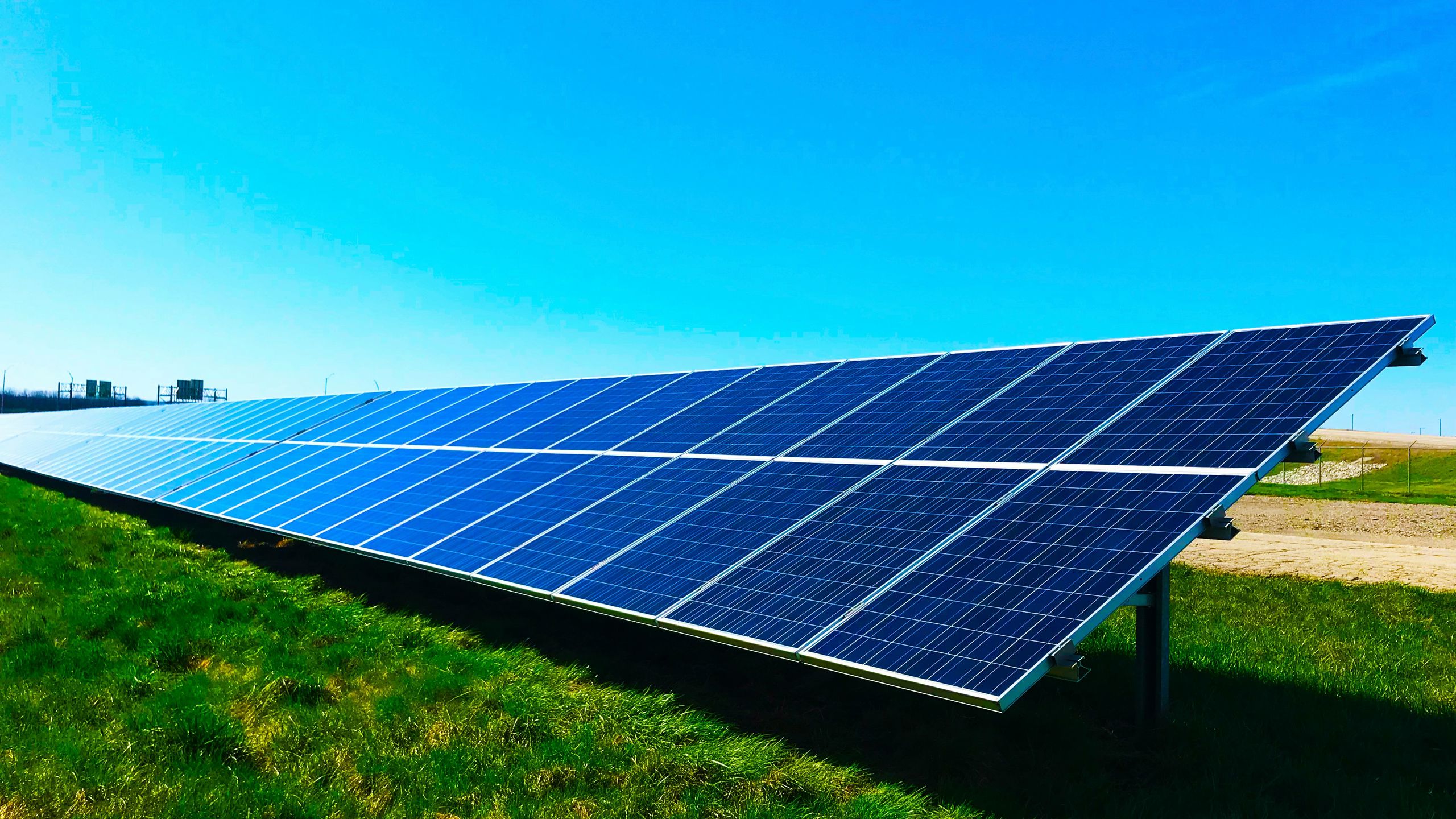Already in 2018, our most important partner, Volkswagen AG, pledged to adhere to the principles of the Science Based Targets initiative and presented its ambition to reduce emissions from the entire value chain significantly by 2030 and to reach net carbon neutrality by 2050.
Read more: Volkswagen AG
In 2022, John Deere decided to also join the Science Based Targets initiative, committing to similar action.
Read more: John Deere
As far as we are concerned, the main sources of carbon emission are the use of fossil fuels for our own vehicle fleets as well as electricity and heating for our own buildings. Therefore, we have taken a number of steps towards achieving our ambitions.




